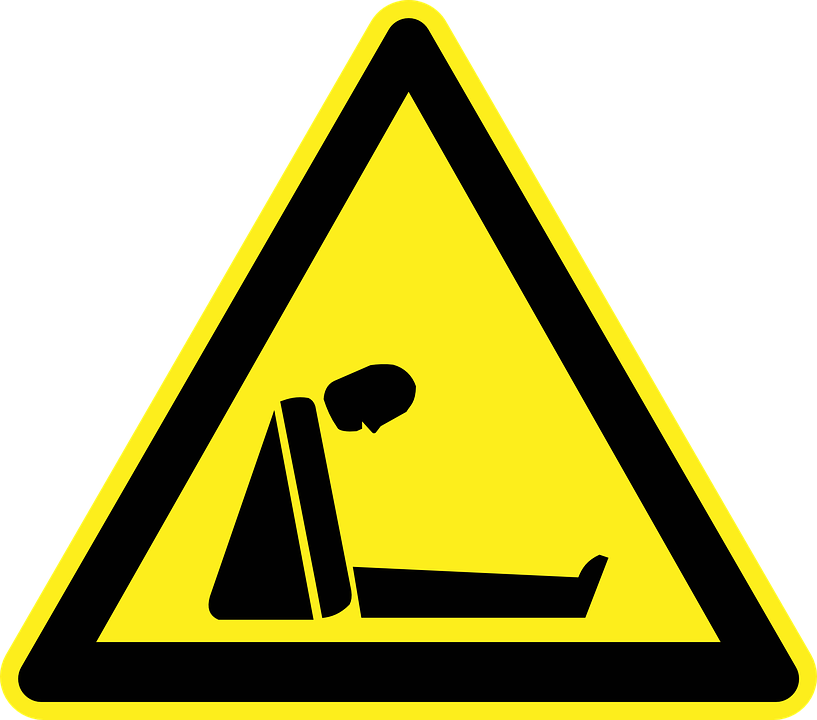
How is Your Sleep?
Getting a good night’s sleep is essential for our health and well-being. According to the article How to Sleep Well as You Age, from helpguide.org, our sleeping patterns change as we age. Some of us have to get up in the middle of the night to use the bathroom. That is normal, but if you cannot fall back to sleep easily, that may be a problem. Insomnia is not a normal part of aging. If you are experiencing symptoms like memory problems, excessive daytime sleepiness, possibly depression, it is a good bet that you are not getting enough sleep. There is a danger of nighttime falls and increased sensitivity to pain if you are lacking sleep. This can also lead to serious health problems in older adults like cardiovascular disease, diabetes, weight problems and even breast cancer in women.
The suggestion is that older adults should get from 7-1/2 to 9 hours of sleep per night to function. If you cannot or are having problems sleeping that many hours, it would be a good idea to take a nap in the afternoon to make up for the shortfall of sleep.
Some factors that could cause sleep problems in older adults are poor sleep hours or irregular sleep, consumption of alcohol before bedtime, and falling asleep with the TV on. Other factors could be pain or health conditions, medications that may have side-effects, lack of exercise or a sedentary lifestyle could interfere with obtaining a good night’s sleep. Some individuals may be experiencing stresses caused by life changes like a death or moving from a family home.
How can we improve our sleep habits? Some suggestions that were included in the helpguide.org article are be engaged in social activities, family, and work so your body can prepare for a good night’s sleep. Improve your mood by taking on a positive outlook. Maybe talk to someone about your worries and problems. Exercising regularly makes a difference. It releases endorphins that can boost your mood. This helps reduce stress, depression as well as anxiety. Sunlight is very helpful because it helps regulate melatonin.
According to dictionary.com, melatonin is a hormone secreted by the pineal gland in inverse proportion to the amount of light received by the retina. The production of the hormone is important because it makes you sleepy. Keep a regular bedtime routine for better sleep by going to bed and waking up at the same time each day and on weekends. Try earplugs if your partner is snoring and is keeping you awake. Short naps in the afternoon are helpful. They can improve alertness and memory processes. Sleep strengthens your immune system. This is especially important as we age. Reducing intake of caffeine, turning off the computer or television, limiting beverage consumption before bed, keeping your bedroom dark and quiet, and investing in comfortable bedding are some of the ways that you can have a better night’s rest. Sleep is healing and restorative. It is the best gift you can give yourself!